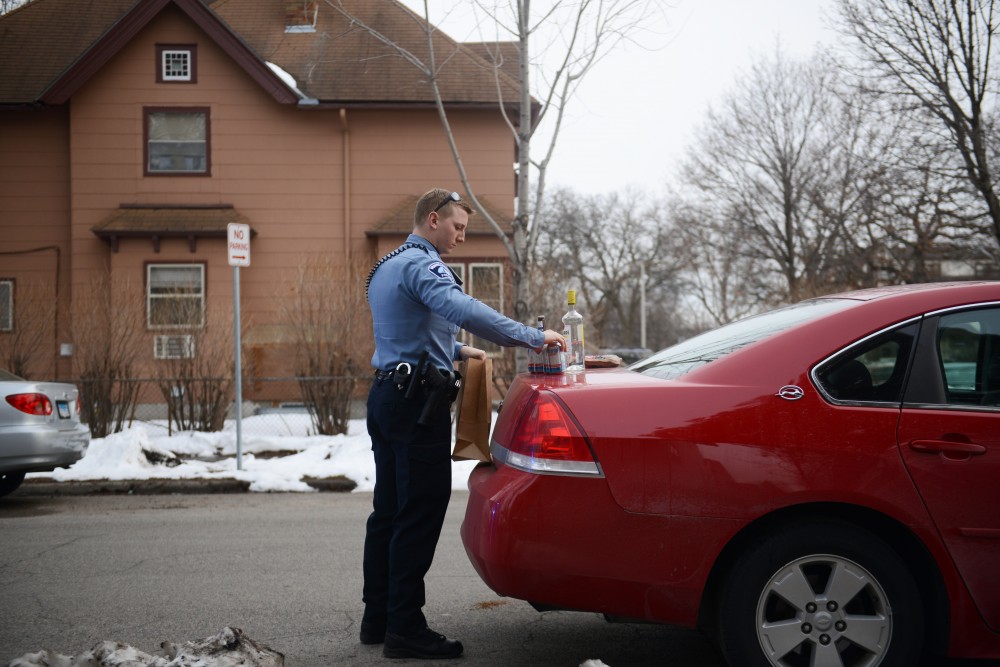An ongoing analysis from the University of Minnesota found that people are binge drinking later into their 20s than past years, which subverts common conceptions of alcohol usage.
University researchers used data from a national study that began in 1976 to conclude that the peak age for binge drinking has increased by two years in both men and women. This is the first study analyzing long-term survey data on binge drinking, with a major report released earlier this month.
Yvonne Terry-McElrath, a researcher on the study from the University of Michigan, said that despite the findings, most research and resources on binge drinking are dedicated to younger individuals.
“There are sort of assumptions in the research world that focuses on alcohol … that usually the peak age of alcohol is going to be in the early 20s, usually 21 (to) 22,” Terry-McElrath said. “And so if you’re going to focus on really preventing the most dangerous years of high-intensity alcohol use and associated consequences, you focus on those years.”
One factor leading to this shift is assumed to be the changing societal expectations for young adults, said Megan Patrick, lead author of the study and researcher in the University’s Institute for Translational Research in Children’s Mental Health.
“People in their 20s are delaying marriage and having kids, they are more likely to be in college and less likely to be employed full-time,” Patrick said in an email to the Minnesota Daily.
The study showed that people are “maturing out” of binge drinking at an older age than they have historically, but that does not erase the inherent risk tied to binge drinking, said Julie Rohovit, the founder of the Minnesota Center for Mental and Chemical Health.
“While the overwhelming majority of people that demonstrate high-risk drinking patterns such as binging do moderate their use, about 10 percent of individuals continue this problematic pattern and develop alcohol use disorder,” Rohovit said in an email to the Minnesota Daily.
Terry-McElrath said the effects of binge drinking can differ between men and women.
“We found that … concerning for women because it specifically really increases their risk for negative consequences that occur from risky drinking practices,” Terry-McElrath said.
Patrick said future research will look into the consequences of binge drinking and subsequent improvement to treatment plans.
“We are interested in the predictors and consequences of drinking patterns, and trying to develop effective interventions to reduce problematic drinking and consequences for young adults,” Patrick said in an email.
















